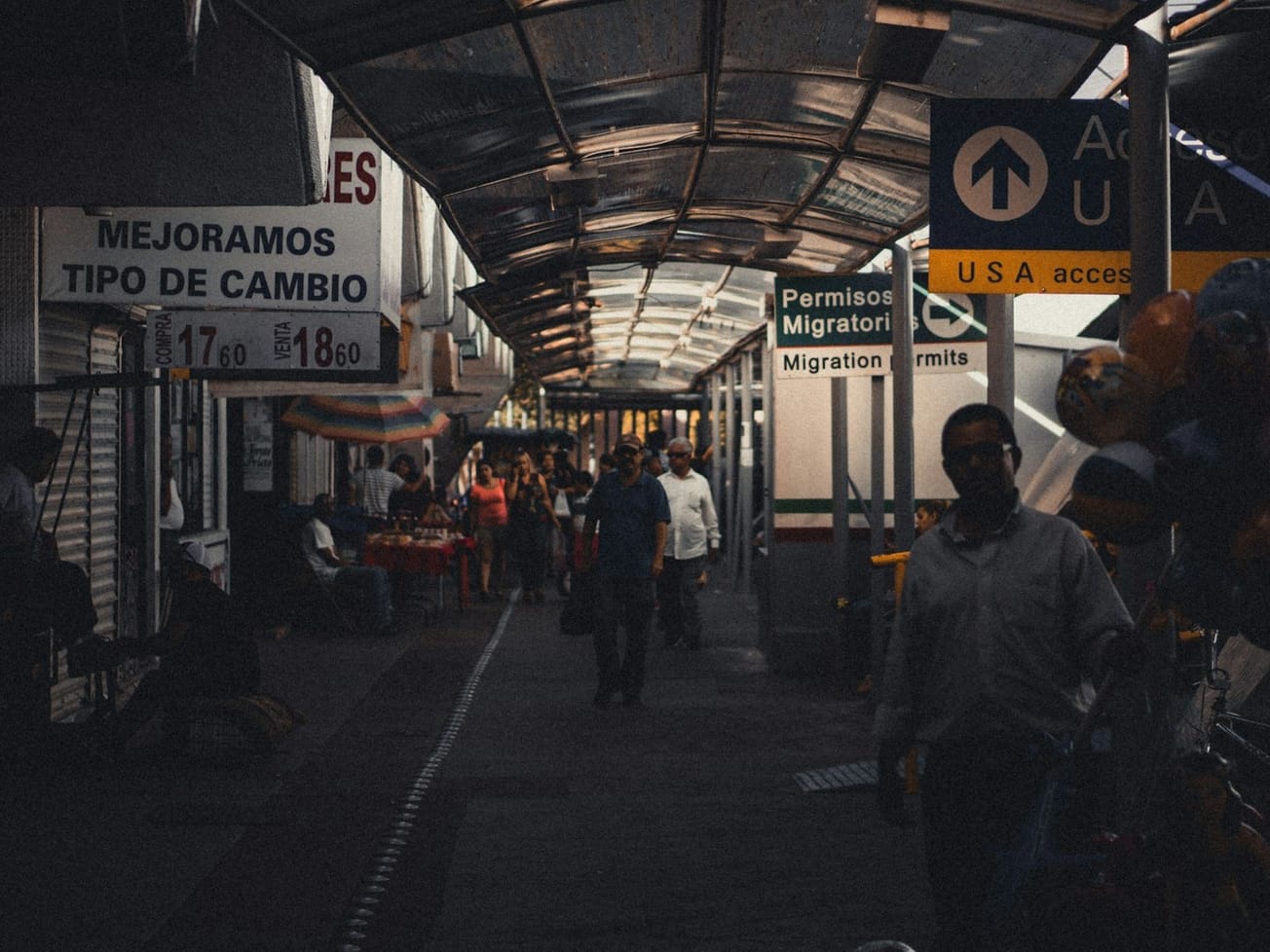BRUSSELS (AN) – The U.N. refugee agency has frozen $300 million of its suspended U.S. funding, ending cooperation in a U.S.-led program that had helped give legal options for Latin American refugees and migrants.
The decision impacts 600 jobs and reflects a need "to mitigate liquidity risks should U.S. payments remain delayed," U.N. High Commissioner for Refugees Filippo Grandi said in an email to his global staff on Wednesday.









